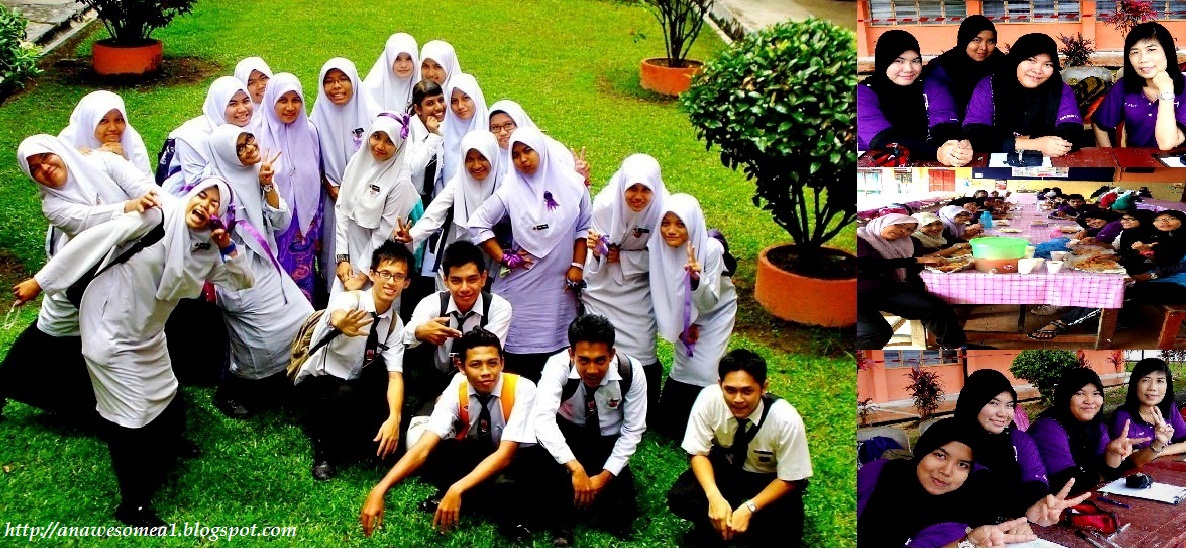Air pollution
Air pollution is the introduction of chemicals, particulate matter, or biological materials that cause harm or discomfort to humans or other living organisms, or damages the natural environment, into the atmosphere.
The atmosphere is a complex, dynamic natural gaseous system that is essential to support life on planet Earth.
Pollutant
An air pollutant is known as a substance in the air that can cause harm to humans and the environment. Pollutants can be in the form of solid particles, liquid droplets, or gases. In addition, they may be natural or man-made.
Pollutants can be classified as either primary or secondary
· primary pollutants are substances directly emitted from a process, such as ash from a volcanic eruption, the carbon monoxide gas from a motor vehicle exhaust or sulfur dioxide released from factories.
· Secondary pollutants are not emitted directly. Rather, they form in the air when primary pollutants react or interact. An important example of a secondary pollutant is ground level ozone
Major primary pollutants produced by human activity include:
ü Sulfur oxides (SOx)
SO2 is produced by volcanoes and in various industrial processes.
Since coal and petroleum often contain sulfur compounds, their combustion generates sulfur dioxide.
ü Carbon dioxide (CO2)
CO2 a greenhouse gas emitted from combustion but is also a gas vital to living organisms. It is a natural gas in the atmosphere.
ü Carbon monoxide
Carbon monoxide is a colourless, odourless, non-irritating but very poisonous gas. It is a product by incomplete combustion of fuel such as natural gas, coal or wood. Vehicular exhaust is a major source of carbon monoxide.
{ mira mohamad}
{ mira mohamad}
